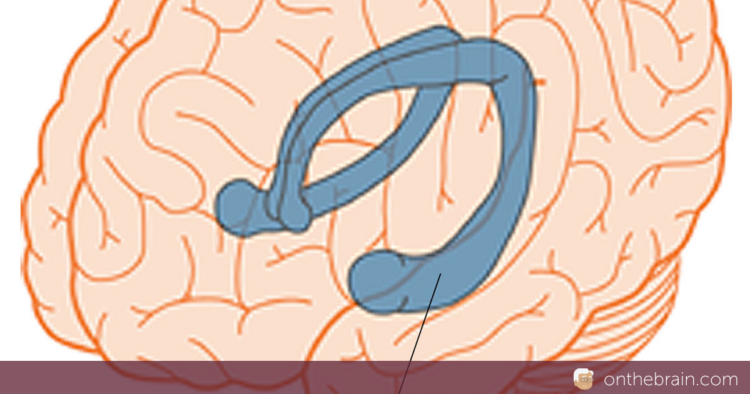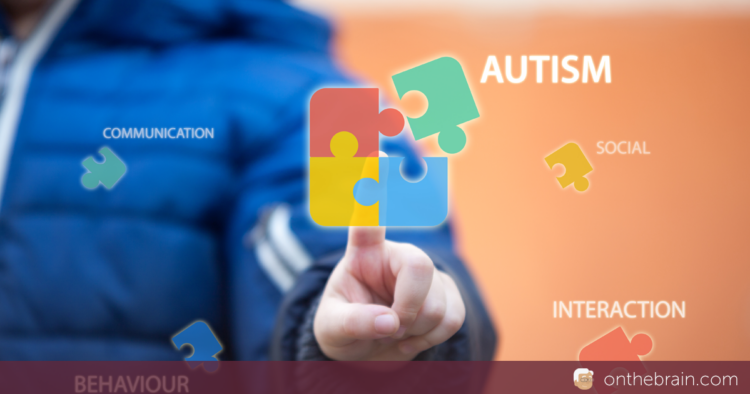Jack’s hippocampus is bigger than yours
My dog Jack, thinking, has a proportionally larger hippocampus than you do. If I had a pet bunny, its hippocampus would be (proportionally) larger, still!! You’ve probably heard a lot about the crucial role that the hippocampus plays in recording our “episodic” (historic, serial, ‘long-term’) memories. Does this mean that we should revise that age…









